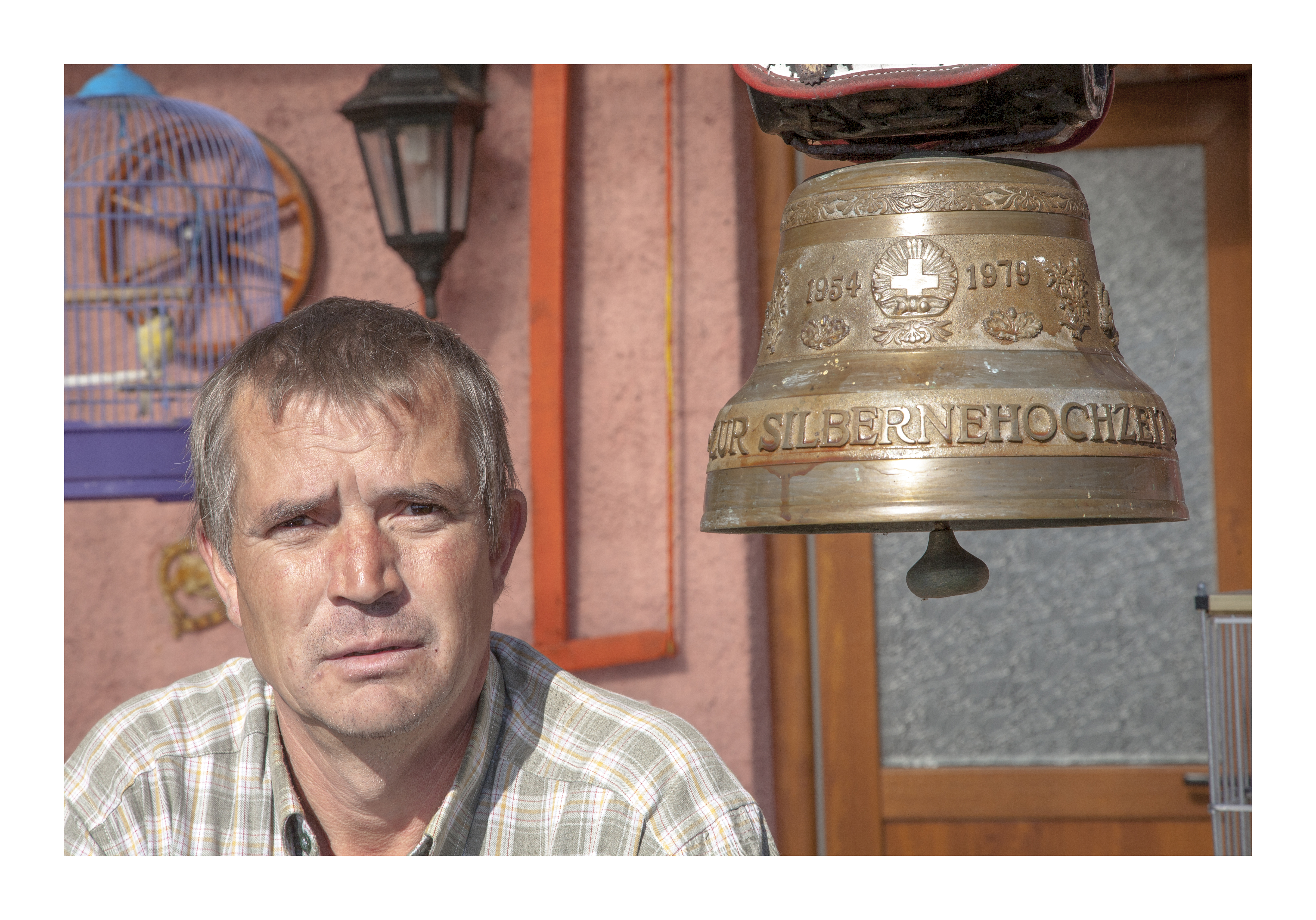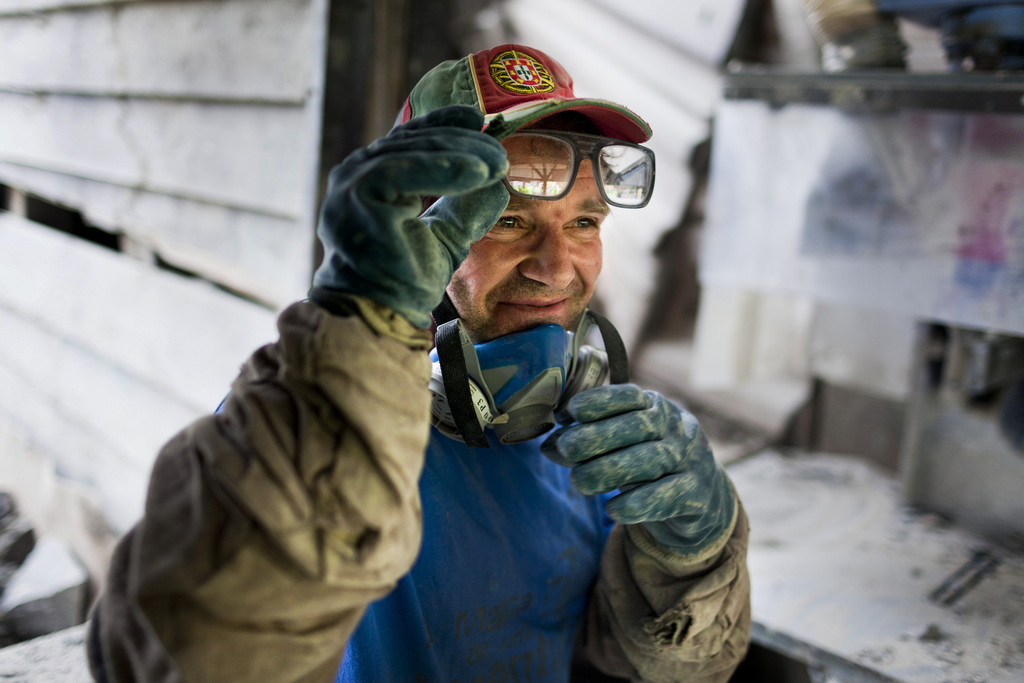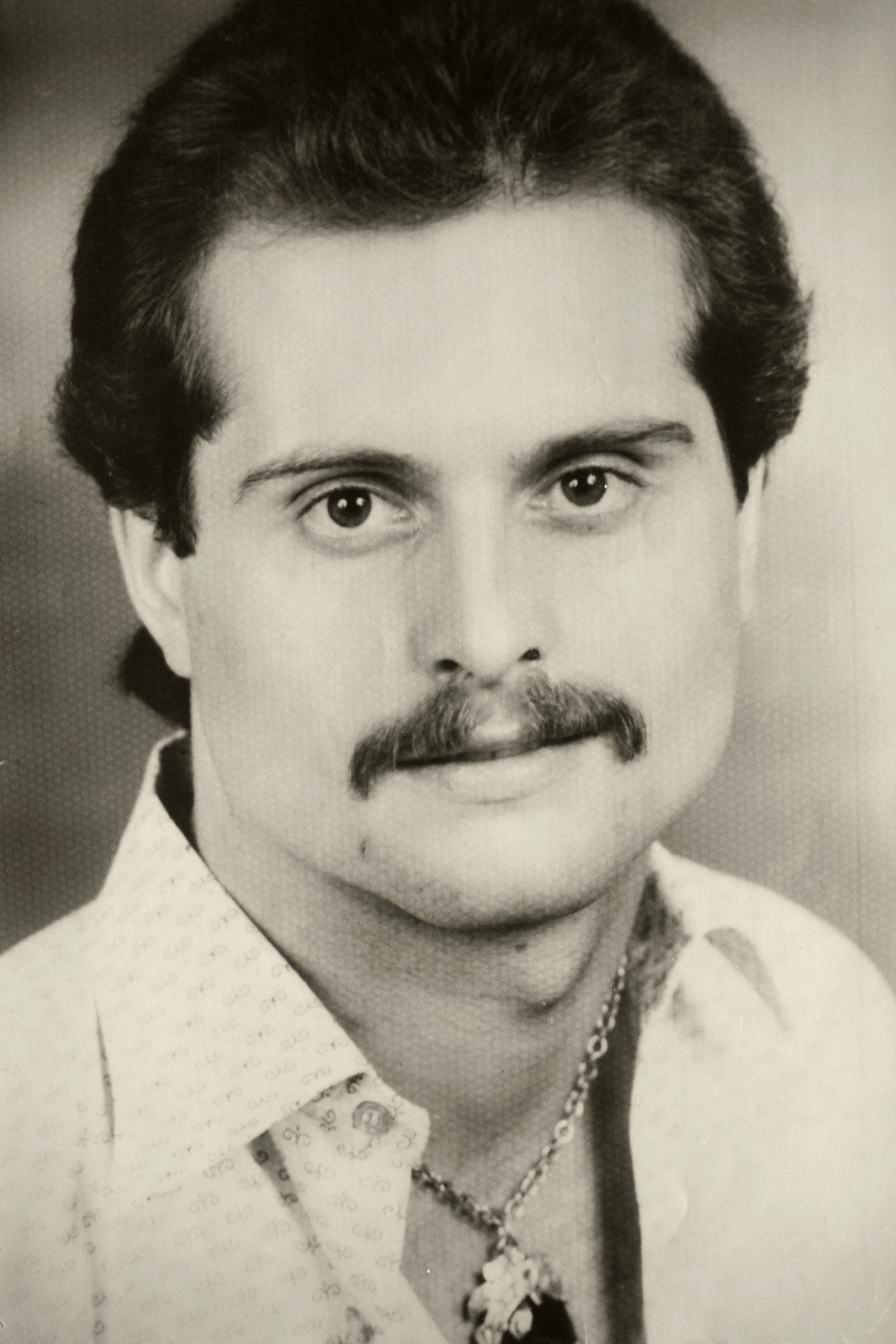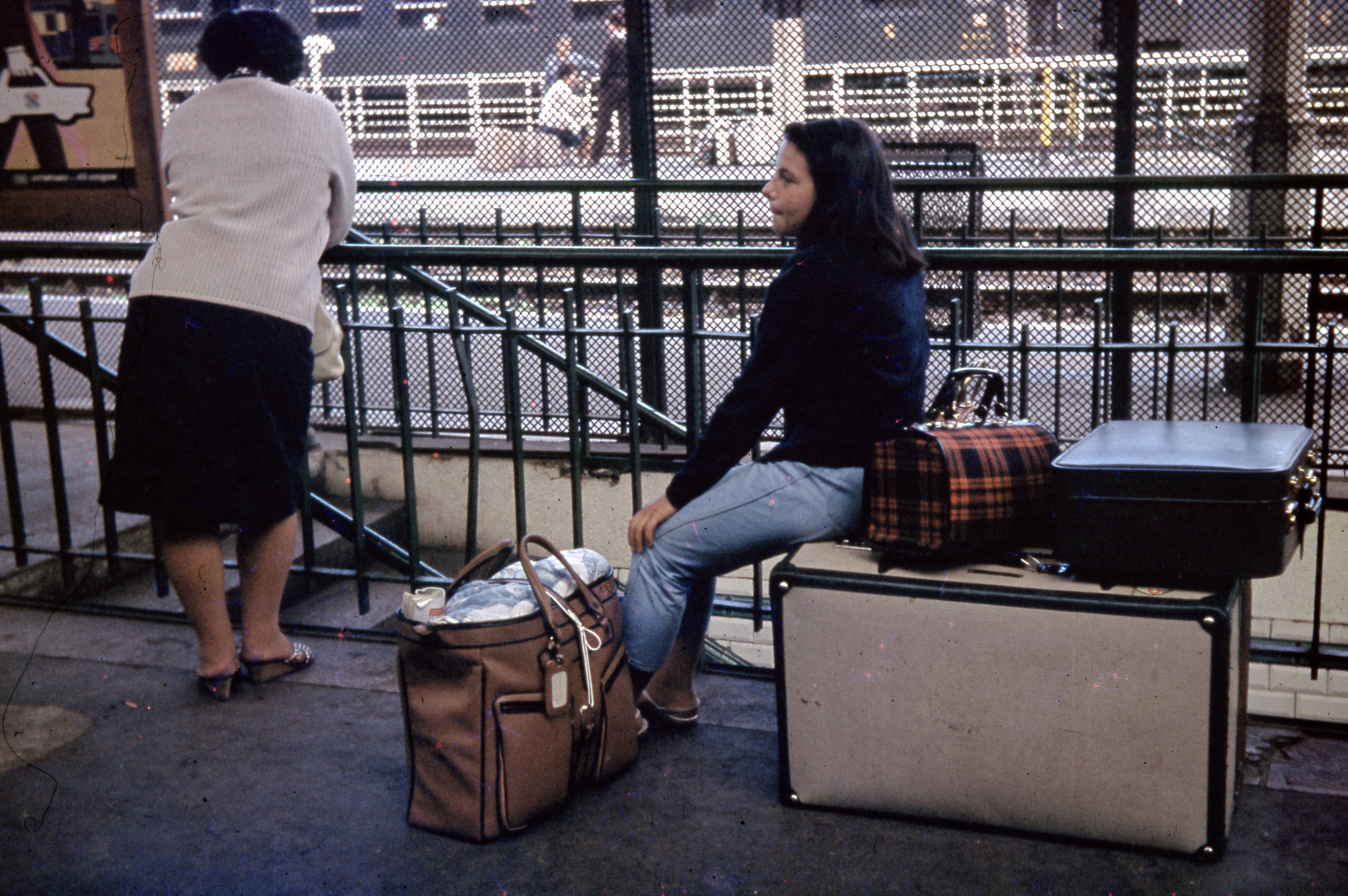Families split by jobs abroad

There are few men in the streets of the little Spanish fishing port of Camariñas in the day time on weekdays. Some are out at sea, but others have left for Switzerland to look for a better life as Spain tussles with its economic crisis.
Those who go to sea come home in the evening and often meet in the pub to watch football on television.
But the wives of those who have left for Switzerland often have a long wait before they will see their husbands again.
One is 43-year-old Bea, whose husband Antonio went off two years ago. This summer, after the holidays, he took his 25-year-old son Pablo back with him in the hope that he too will find a future in the Jura.
Camariñas, about 60 kilometres west of Santiago de Compostela, is located on the so-called “coast of death” at the western tip of Galicia, on Spain’s Atlantic coast. Since the 1960s the area has seen huge emigration to Switzerland.
Life line
“Switzerland is a life line,” says Bea, standing at the counter of the restaurant “os catro ventos”, where she makes a little money as a waitress. The place took its name straight from the “Quatre Vents” – or “Four Winds” – hotel which used to stand on the Rangiers pass in canton Jura. The name is a giveaway that its owners once lived near Delémont, like hundreds of other inhabitants of Camariñas.
Bea spent ten years in Switzerland too. She lived in Moutier with her husband in the 1990s. Their two children stayed behind in Camariñas, living with their grandparents.
“Looking back, I think we should have kept them with us. In Switzerland their future would have been different,” she admits.
Like Bea and Antonio, many Galician emigrants left their children with their parents. It was a way of showing their families that they didn’t intend to stay in Switzerland for ever, but would return to the village once they had made a bit of money.
Shortly after the turn of the century, the couple returned home “for good”, as Bea puts it without a trace of irony or bitterness. The Spanish economy was expanding, boosted by the construction industry. The grandparents were finding it increasingly tough to look after the young teenagers. For the first time, the whole family lived together in the same house.

More
Why Portuguese seek work in Switzerland
Breaking up families
What they didn’t foresee was the collapse of the building bubble in 2008, which split the family again. Her husband worked in the construction industry, a sector ruined by the economic crisis in Spain. Two years ago, after looking for work in vain, he called his former employer in Switzerland, who offered him a job. Antonio didn’t hesitate.
He is now living in Court, near Moutier in the Bernese Jura. And now he has been joined by his son Pablo, who lost his job as an electrician at home, and found himself unemployed, like nearly one in two young Spaniards.
Bea couldn’t follow. She has stayed behind in Camariñas with her daughter to take care of her elderly parents. They had looked after her children – now it’s her turn to look after them.
Milagros Canosa, one of the owners of the “catro ventos” listens to the familiar story. She had a similar experience 30 years ago.
“I came back to Camariñas for the sake of my parents, who were ill,” she explains. She had been one of the first to leave for the Jura in the 1960s, where she worked in the canteen of the hospital in Delémont. She came home in 1982.
“If I were young, I’d be off like a shot,” she says. “If my parents hadn’t been ill, I would have stayed in Switzerland until I retired.”

More
Forty years in Switzerland
Old people
In the streets of Camariñas practically everyone is elderly.
“A lot of people here manage thanks to the elderly and their pensions,” says Iberia, as she walks along the sea front with her husband and grandson. “The parents are both working, and child care is expensive.”
She and her husband are both retired. Their two sons are out with the fishing boats, the mother of the child they have with them lives in the city of A Coruña and their other daughter is in Geneva.
Iberia is glad now that her “Swiss” daughter didn’t come back to live in Camariñas, as her husband had wanted.
“My grandson now earns a million pesetas a month,” she explains, using the old money to stress just how much he is getting in Switzerland – a salary that no one in the region could even dream of.
Since the 1960s the people of Camariñas and the local region have been settling in the Jura area.
Galicia has always been a land of emigration. Before they started going to other European countries, thousands of its people moved to Latin America, in particular Havana, Buenos Aires and Montevideo. European emigration started in the 1960s.
The first Galicians to arrive in Delémont called on their friends and relations to join them.
Anyone standing for mayor of Camariñas had to campaign in Buenos Aires, Montevideo and Delémont, until a 2011 law scrapped emigrés’ right to vote in municipal elections.
Relations between the Galician coast and the Jura have grown strong over the past 50 years, even if some families have gone elsewhere in Switzerland.
In the summer holidays the streets of Camariñas are full of cars with Jura number plates, and the local markets have Swiss specialities to cater for returnees who miss Switzerland.
Taxi to Delémont
Taxi driver Andrés is probably the person best placed to take the pulse of emigration to Switzerland. He regularly drives the 2,000 kilometres between Galicia and the Jura.
Ten years or so ago, he was bringing people back to Galicia: they had taken early retirement or were returning to benefit from the Spanish “miracle”. Since 2008, his passengers have been mainly young people leaving to try their luck in Switzerland.
“Some go to join family members. Others take hotel rooms and hawk their CVs round different companies,” he explains. “It’s not unknown for me to meet them again a week later and bring them back to Galicia, because they haven’t found anything.”
The local newspaper, La Voz, says every week about ten people leave the area for Switzerland. Those most likely to succeed are the ones with a relative in a company who can get them a temporary contract.
The links forged over 50 years of toing and froing between Galicia and Switzerland have paid off for electrician José Manuel. He found a job in Tramelan and left Camariñas at the end of last summer. Now he is hoping that his wife and son can soon join him.
More and more first-generation immigrants are becoming pensioners. However, their financial, health and social situation tends to be worse than the indigenous population.
A study published on December 18, carried out by the Federal Commission on Migration and the National Forum for Age and Migration, described as a challenge the fact that a fifth of those over 65 were not born in Switzerland.
The income of one in four foreign pensioners didn’t cover basic living costs, it said.
The authors said society was little prepared for foreign pensioner and recommended improvements in five areas: information; social integration; equal opportunities regarding treatment; representation on boards and commissions; research and data on older foreigners.

In compliance with the JTI standards
More: SWI swissinfo.ch certified by the Journalism Trust Initiative

You can find an overview of ongoing debates with our journalists here. Please join us!
If you want to start a conversation about a topic raised in this article or want to report factual errors, email us at english@swissinfo.ch.